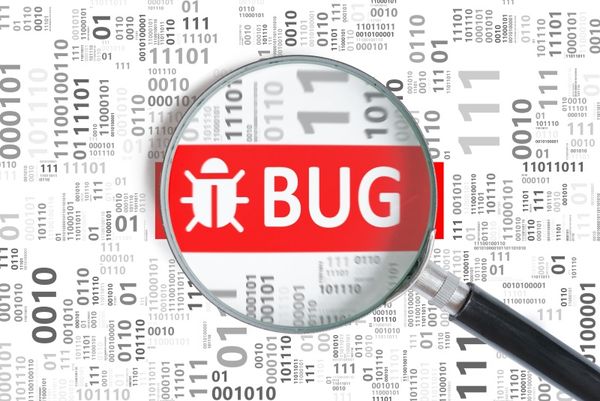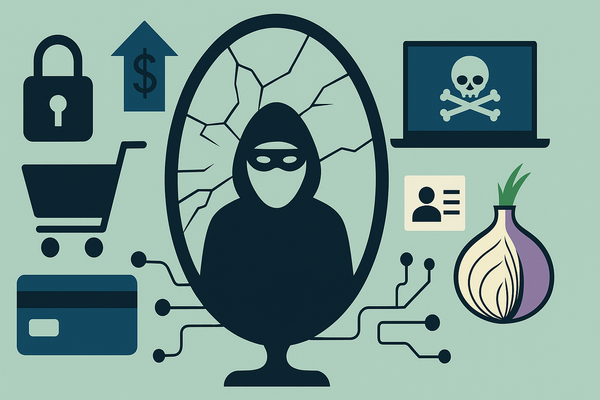FBI Free to Hack into Suspects' Computers, Court Rules

The US District Court of Virginia ruled in favor of the FBI in a case involving hacking a suspects’ computer without a warrant. Fearing this might infringe on basic privacy rights, privacy advocacy groups have expressed deep concerns over the ruling.
Judge Henry Morgan argued that the suspect’s IP address is not private information, as it’s something given out by internet service providers and mandatory for accessing the internet. Although the child pornography website subject to the investigation was only accessible via Tor, a browser designed for anonymizing web traffic, the IP address used by the suspect to access the service is not considered private information.
“On February 20, 2015, an experienced and neutral federal magistrate judge authorized the FBI to deploy a network investigative technique (“NIT”) on Playpen’s server to obtain identifying information from activating computers, which the warrant defines as computers of any user or administrator who logs into [Playpen] by entering a username and password”, according to the court. “It is undisputed that the FBI could not identify the locations of any of the activating computers prior to deploying the NIT.”
Judge Morgan explained his ruling, stating that hacking has significantly changed over the last decade and that no internet-connected computer is safe from such attacks.
Privacy advocacy group Electronic Frontier Foundation believes the decision will cause significant privacy ripples.
“The implications for the decision, if upheld, are staggering: law enforcement would be free to remotely search and seize information from your computer, without a warrant, without probable cause, or without any suspicion at all,” reads a blog post from Mark Rumold, an attorney with the group. “To say the least, the decision is bad news for privacy.”
While Rumold believes the judge’s ruling will be overruled in an appeal, Judge Morgan commented that the Fourth Amendment of the U.S. Constitution was not violated in any way, and that the FBI should be entitled to use any technological advancements at its disposal to stop similar cybercrimes.
tags
Author
Liviu Arsene is the proud owner of the secret to the fountain of never-ending energy. That's what's been helping him work his everything off as a passionate tech news editor for the past few years.
View all postsRight now Top posts
How Do You Manage Your Passwords? We Ask Netizens
December 18, 2025
Cybercriminals Use Fake Leonardo DiCaprio Film Torrent to Spread Agent Tesla Malware
December 11, 2025
FOLLOW US ON SOCIAL MEDIA
You might also like
Bookmarks








